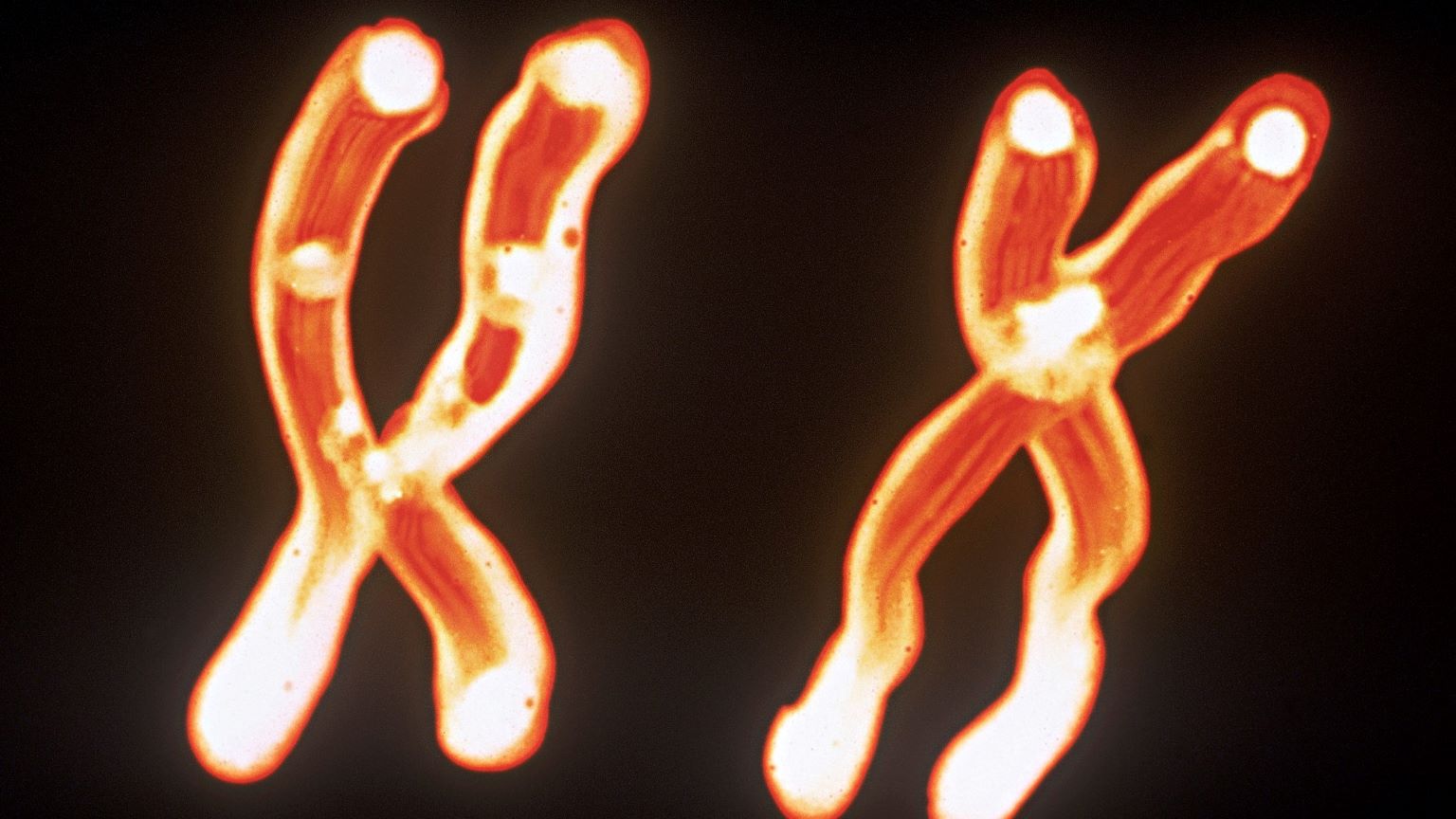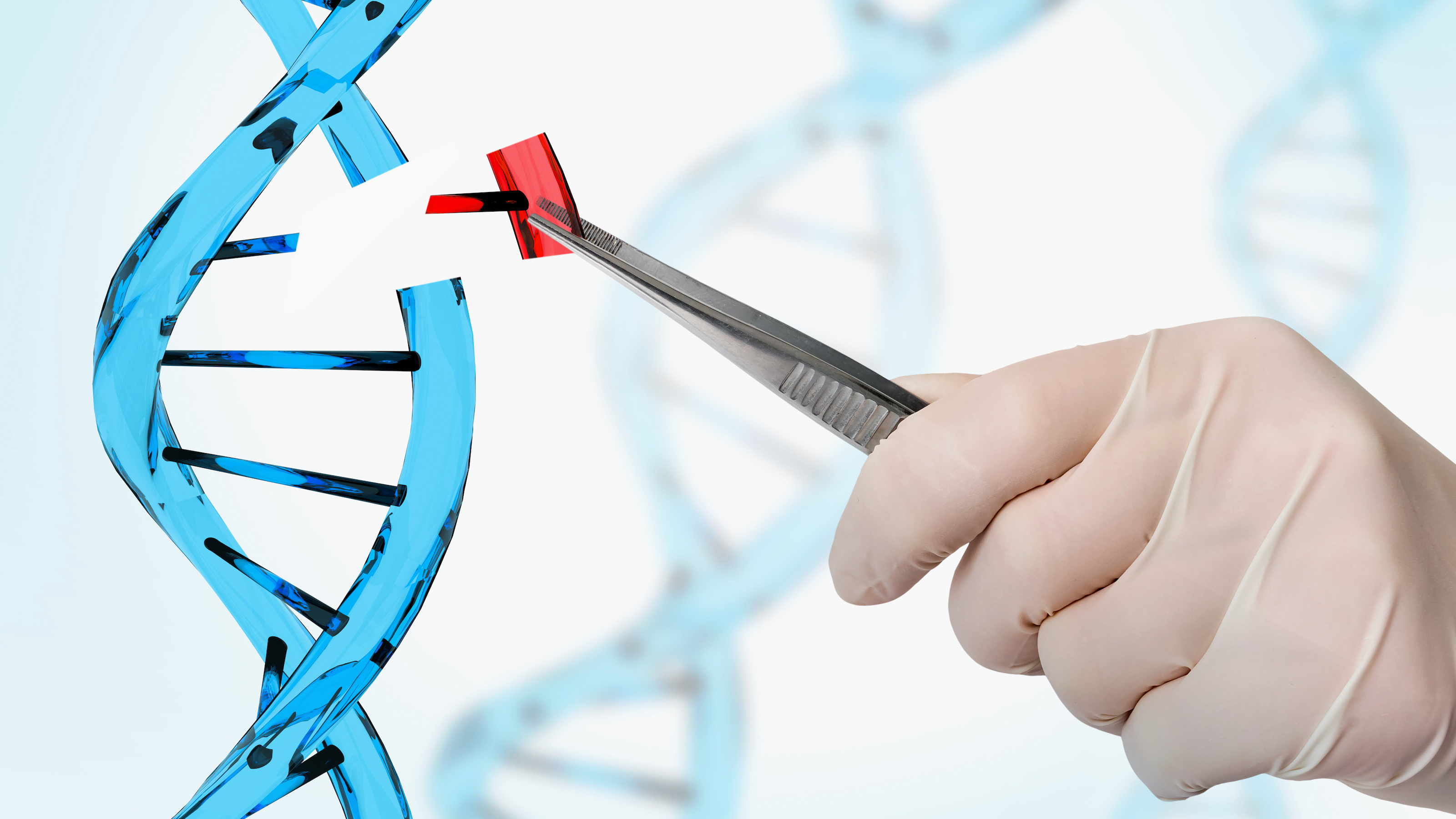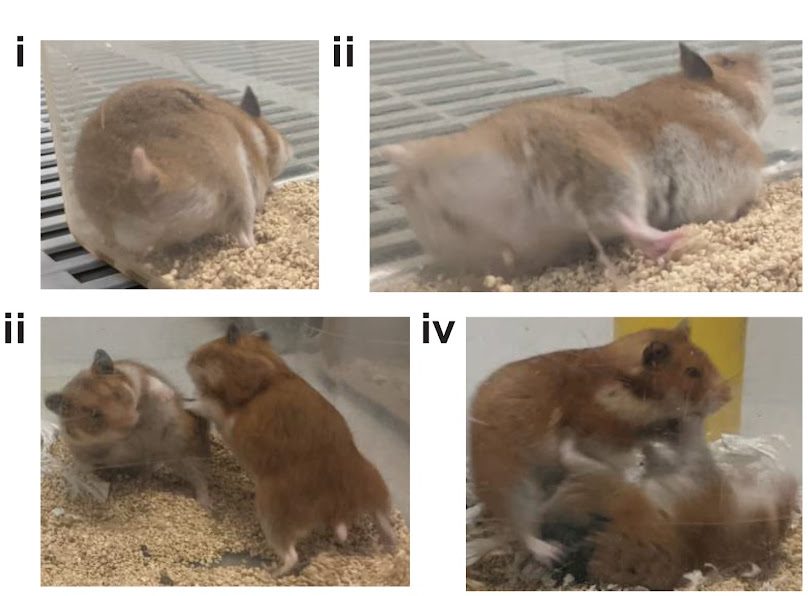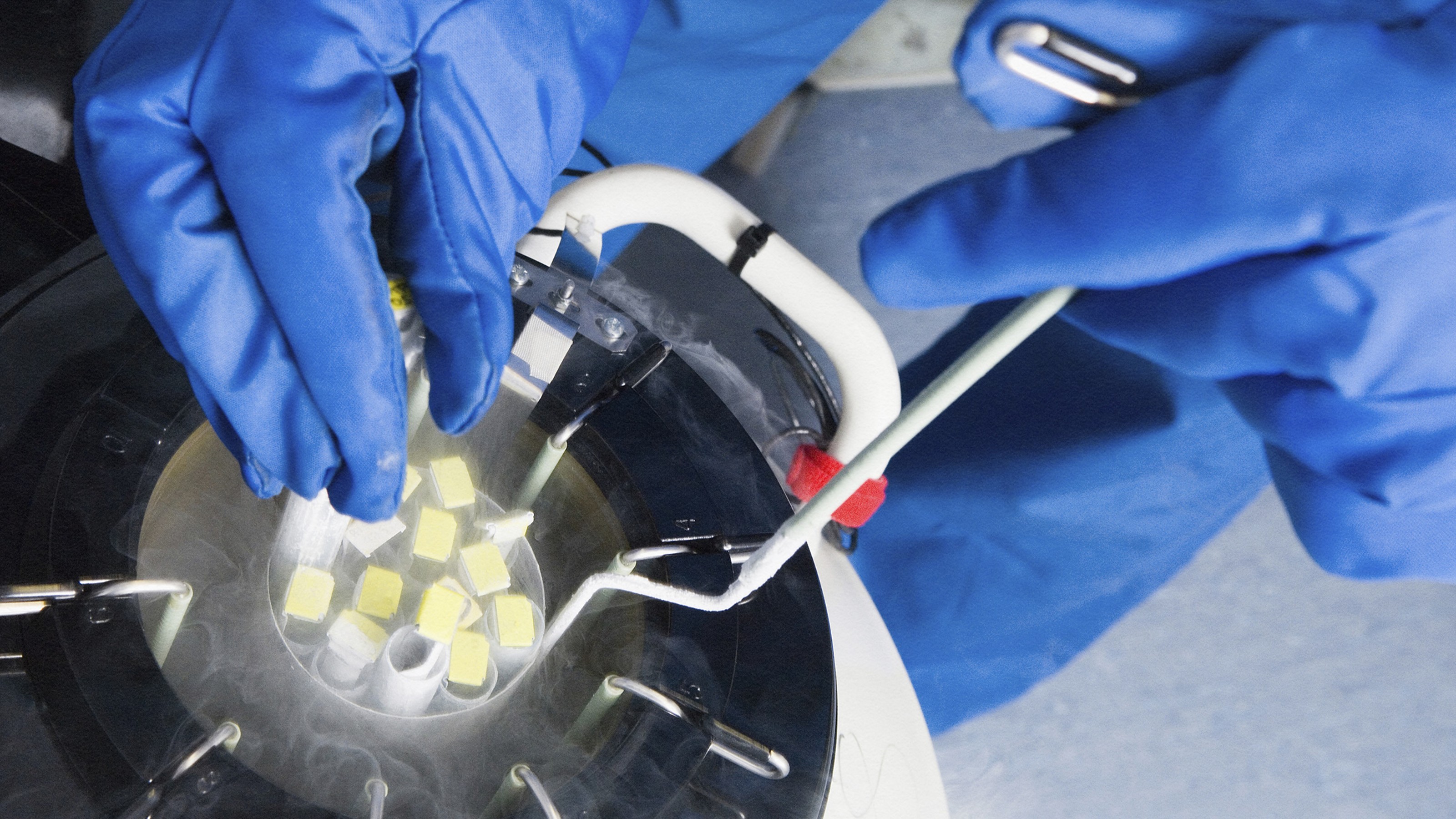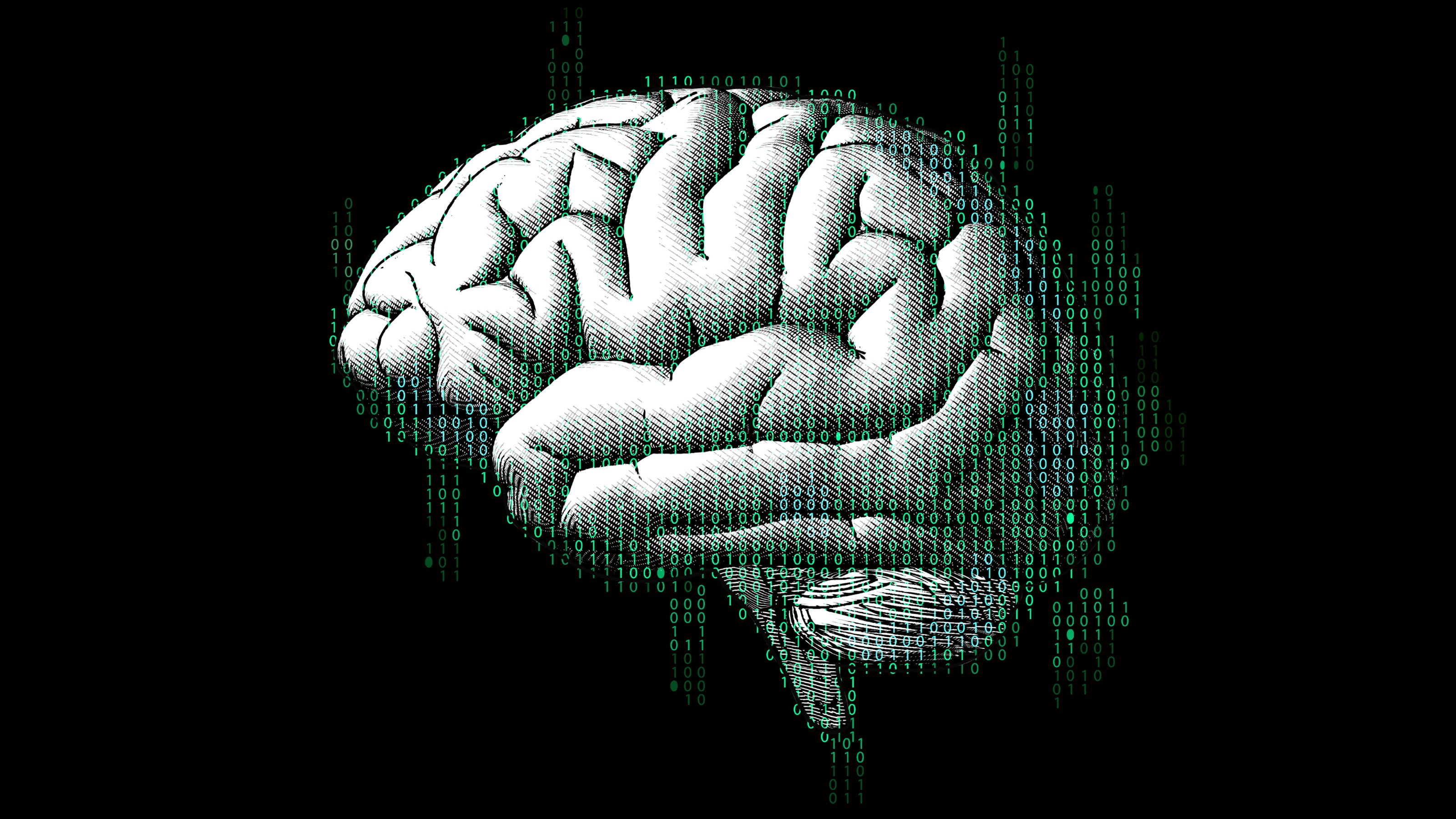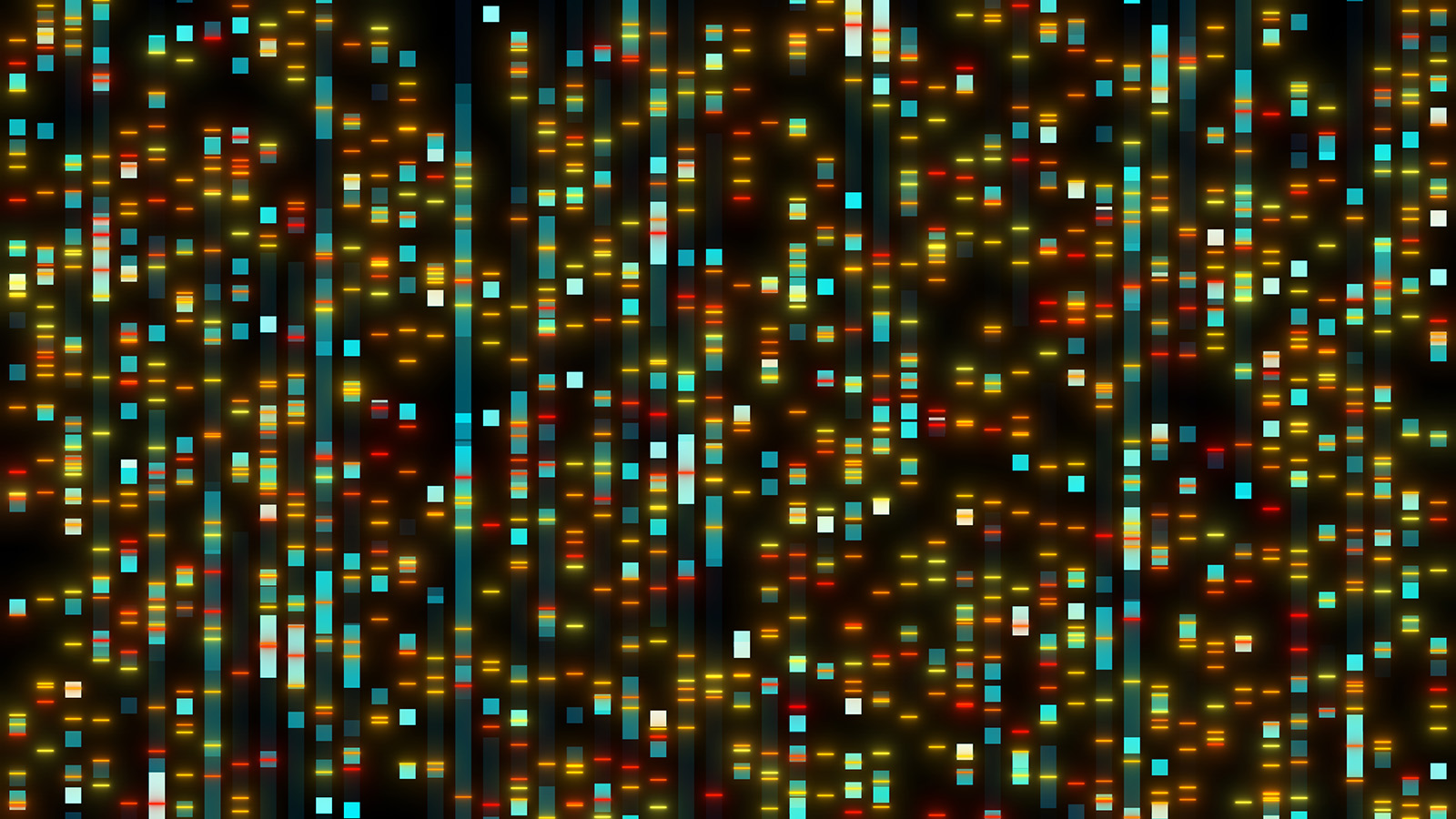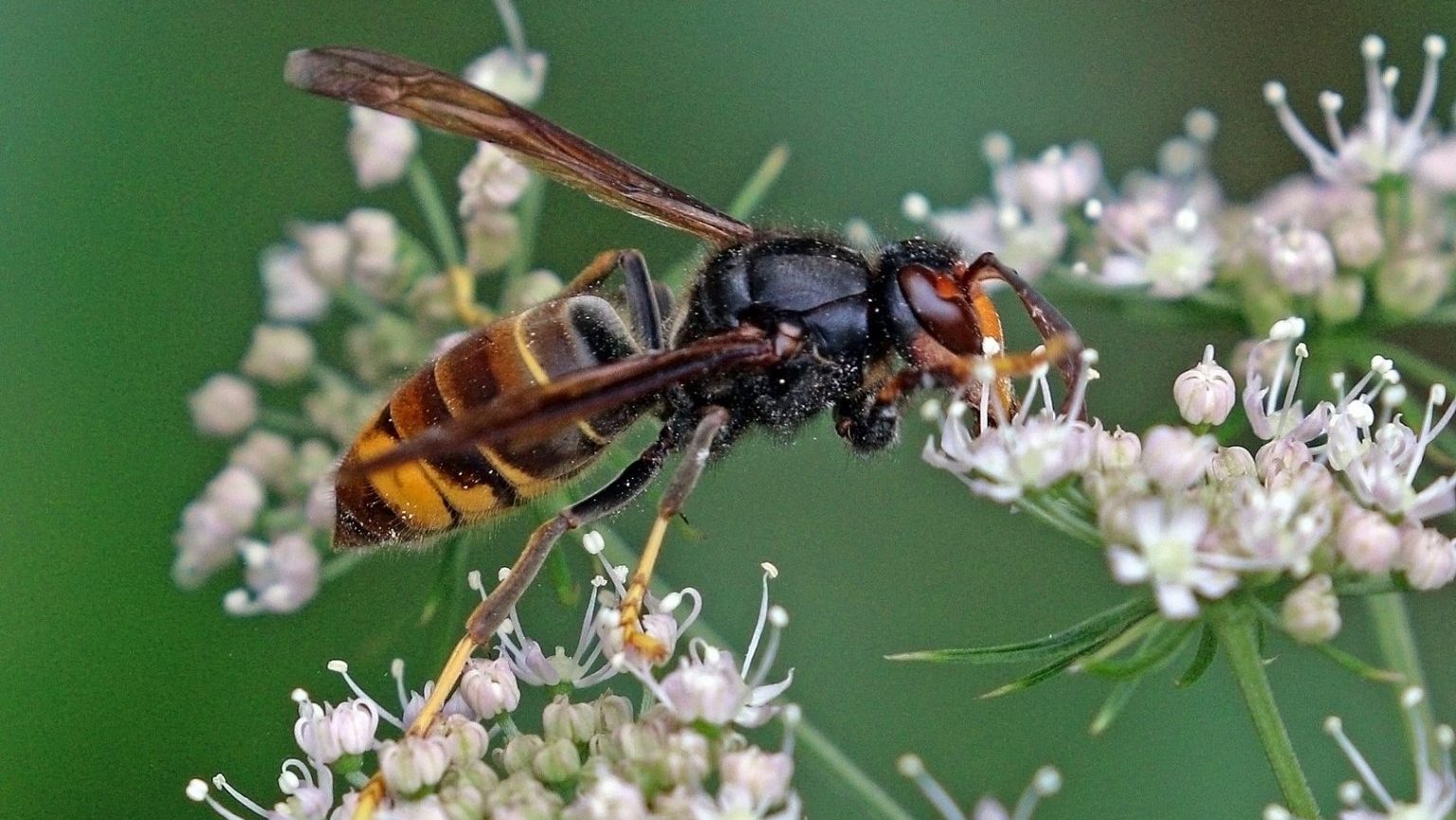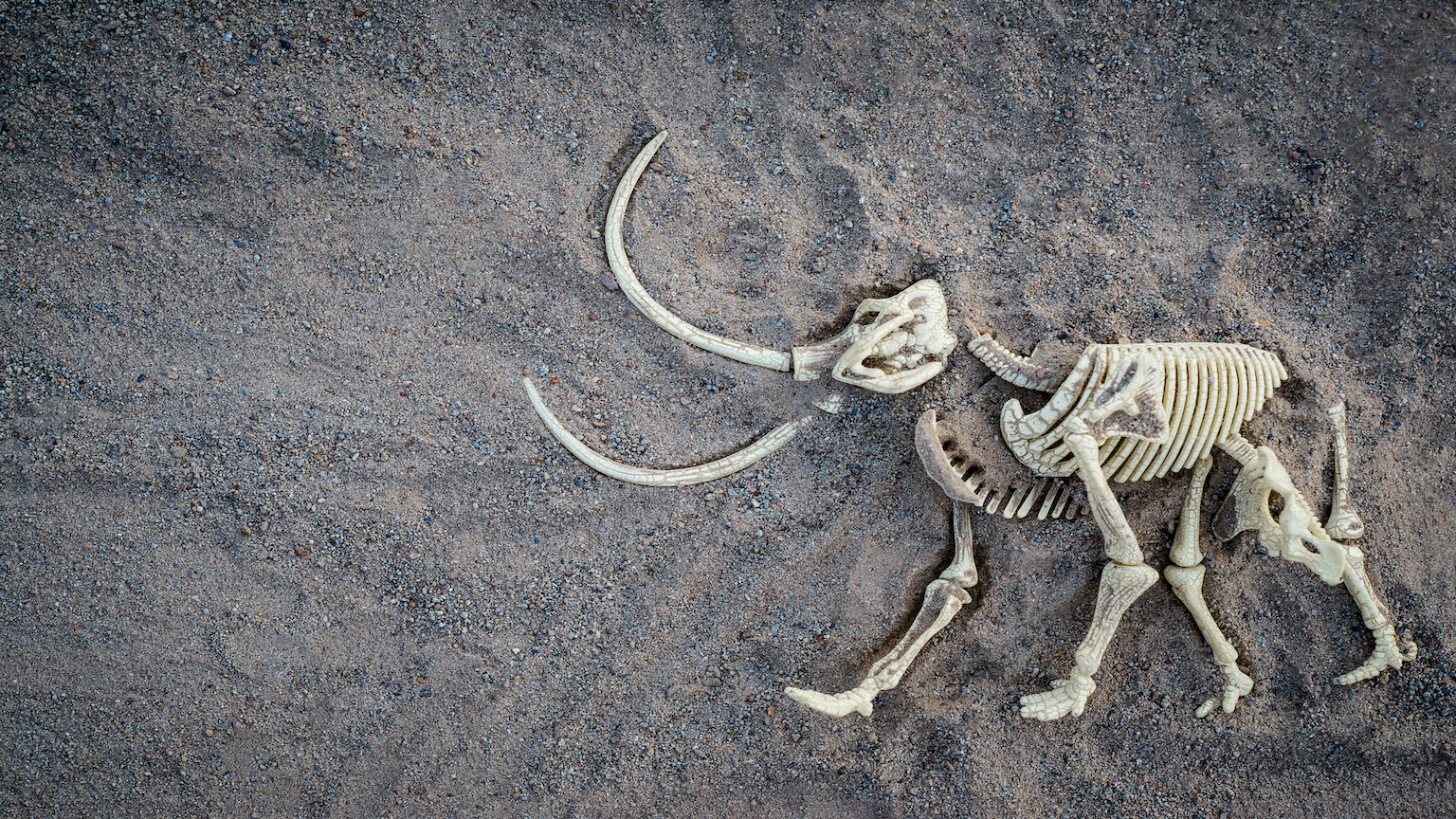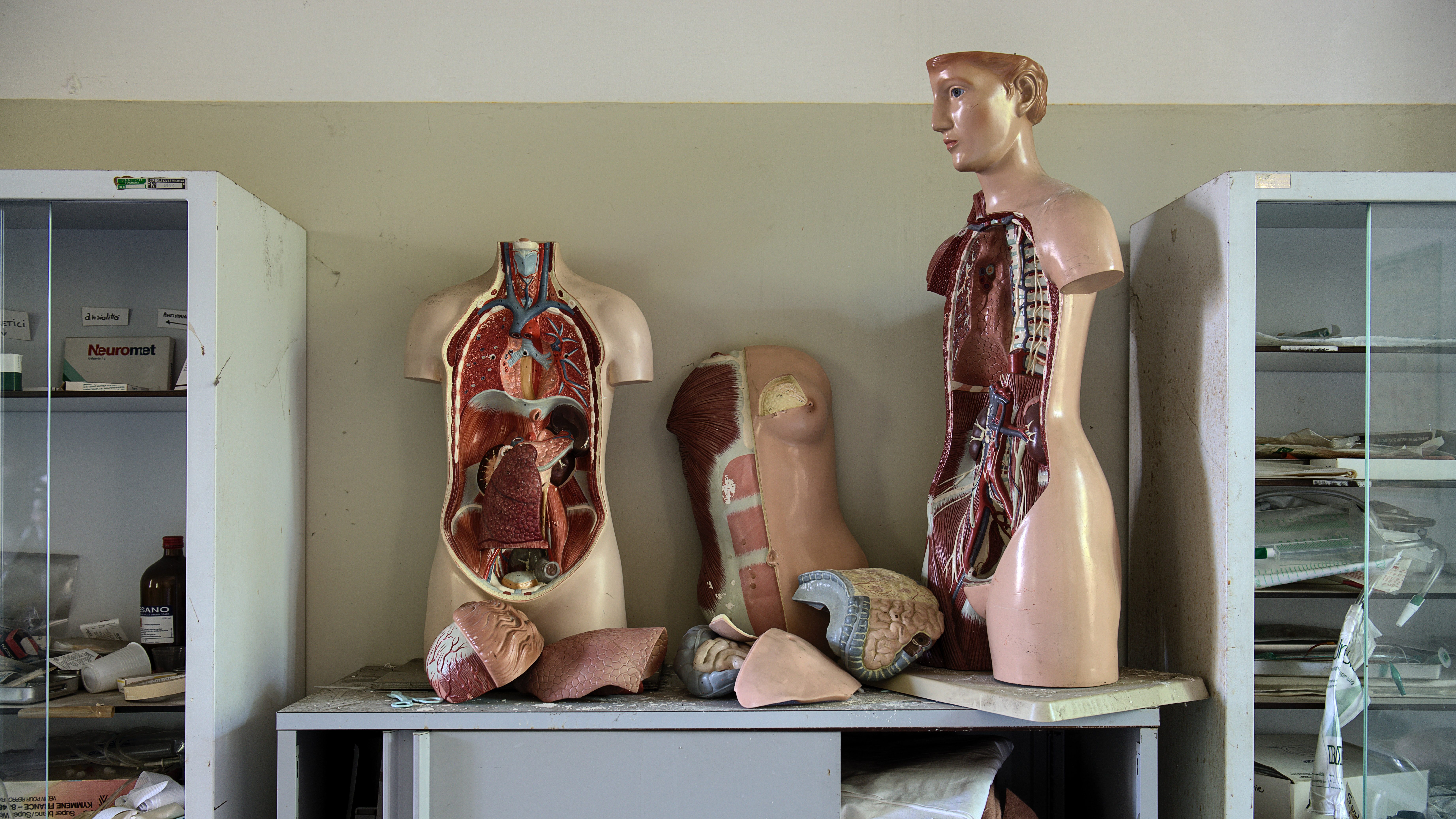While Y chromosome loss was first observed in 1963, it was not until 2014 that researchers found the link to a shorter life span.
Search Results
You searched for: crispr
The results of a recent study found that genetically engineering cats could be a solution to eliminating cat allergies.
We can’t edit tweets, but we can edit our own DNA.
▸
5 min
—
with
It marks a breakthrough in using gene editing to treat diseases.
A common weed uses uncommon types of photosynthesis.
Three cutting-edge techniques – the gene-editing tool CRISPR, fluorescent proteins and optogenetics – were all inspired by nature.
She helped create CRISPR, a gene-editing technology that is changing the way we treat genetic diseases and even how we produce food.
From synthetic biology to xenotransplantation, biotech will continue to march forward in 2023, in part powered by data and AI.
The book “The Genesis Machine” outlines the promise and peril of synthetic biology, a powerful tool that will allow us to program life like a computer.
For 40 years, scientists thought a specific gene was linked to aggression in hamsters. Removing it, however, had violent consequences.
“It’s a big resource in the way the human genome is a big resource, in that you can go in and do discovery-based research.”
From the bedside to the lab bench, here’s how laboratory testing works.
How technology could change everything we thought we knew about reproduction.
Synthetic biology has the power to cure and kill. Have we learned from our past mistakes?
Surely they can’t be worse…can they?
An experiment in rats suggests that gene editing may be a treatment for anxiety and alcoholism in adults who were exposed to binge-drinking in their adolescence.
Could we all attain this superpower?
Researchers believe they have found a single point mutation in an infection-sensing gene that causes the autoimmune disorder.
Skepticism is appropriate when gazing into the futurist’s crystal ball.
Researchers are working nest by nest to limit the threat while developing better eradication methods.
Smallpox, Ebola, HIV, influenza, the plague, malaria, and a whole host of terrible bacteria, viruses, fungi, and parasites were cooked up by Mother Nature, all on her own. Apparently, Mother Nature hasn’t banned gain-of-function research.
The potential of CRISPR technology is incredible, but the threats are too serious to ignore.
▸
14 min
—
with
Cross-disciplinary cooperation is needed to save civilization.
A biotech startup has received $15 million in funding to genetically recreate woolly mammoths and rewild them in Siberia.
It’s not a huge leap to imagine we could target the biological processes that mediate our behaviours.
An evolutionary biologist explains why you probably won’t grow a tail.
Sometimes, new combinations of preexisting things revolutionize life.
This spring, a U.S. and Chinese team announced that it had successfully grown, for the first time, embryos that included both human and monkey cells.
